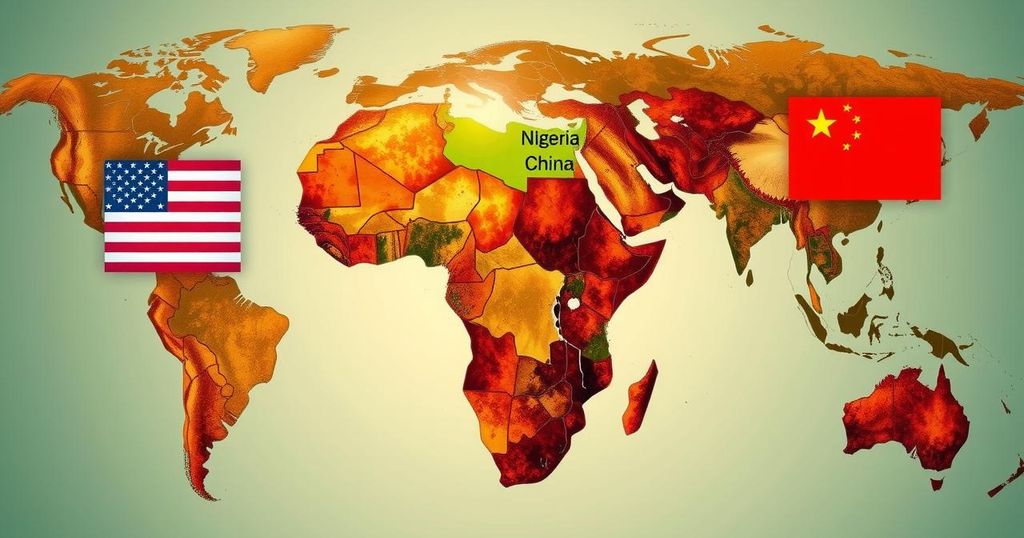Mayor Janice Degamo criticized a Timorese court’s ruling against extraditing Arnolfo Teves, the alleged mastermind of her husband’s murder. She expressed concerns over potential external influences on the court. The Philippine DOJ plans to appeal, asserting Teves’ serious charges and ensuring his safety if extradited. The decision highlights challenges within Timor-Leste’s judicial system and its implications for pending cases involving Teves.
In a recent statement, Mayor Janice Degamo, the widow of slain Negros Oriental Governor Roel Degamo, expressed her dissatisfaction with a ruling from a Timorese court that denied the Philippines’ request to extradite expelled Representative Arnolfo “Arnie” Teves, the alleged mastermind behind her husband’s murder. She found the court’s decision to be “peculiar and difficult to understand.”
Mayor Degamo hinted at the possibility that external influences may have swayed the court’s judgment, stating, “We cannot avoid but think that the court in Timor-Leste can also be influenced by some people.” Despite her concerns, she remains optimistic that the Philippine government will take decisive action to ensure Teves faces justice.
She affirmed her confidence in the Philippine government’s intentions, stating, “I believe in our government’s capacity to bring Arnie Teves back so he would face the charges filed against him and his cohorts.” Mayor Degamo has plans to discuss further developments with Justice Secretary Jesus Crispin Remulla next week, seeking clarity on the government’s next steps.
The Department of Justice (DOJ) has asserted that Teves faces serious charges, including multiple counts of murder, and reiterated its commitment to appealing the Timorese court’s decision. The DOJ aims to demonstrate that Teves would be safe if extradited, in response to the court’s concerns regarding potential risks to his safety.
Remulla expressed frustration with the unpredictability of Timor-Leste’s judicial system, describing it as “immature,” and emphasized that the ruling lacked justification. He contested the court’s consideration of the death penalty as a factor, emphasizing that the Philippines abolished it in 2006.
In its ruling, the Timor-Leste appellate court referenced a constitutional provision that restricts extradition if the extraditee may face torture or inhumane treatment. Presidential Communications Office Undersecretary Claire Castro clarified that the Philippine government stands firm against any mistreatment of Teves.
Teves is currently facing numerous criminal charges, including ten counts of murder linked to the assassination of Governor Degamo on March 4, 2023, which also resulted in the deaths of nine others. Following the incident, eleven individuals were arrested, with some alleging Teves’ involvement. Although many later recanted their confessions, prosecutors proceeded with the case against him. Teves has since denied all allegations and was expelled from the House of Representatives before being apprehended in Timor-Leste last year.
In summary, the recent ruling by a Timorese court to deny the extradition of Arnolfo Teves has provoked considerable concern, particularly from the widow of Governor Roel Degamo. Mayor Janice Degamo has criticized the decision while expressing faith in the Philippine government to pursue the extradition process. The DOJ remains firm in its position to secure justice for the victims, even as the situation underscores the complexities surrounding judicial systems and extradition laws.
Original Source: globalnation.inquirer.net




